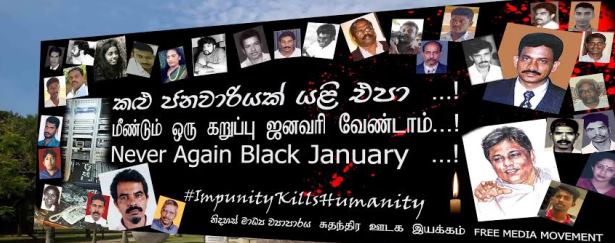(Remaining challenges on issues such as freedom of expression and media, strengthening of civil society needs to be addressed)
– Joint Press Release following the first meeting of the working group on Governance, Rule of Law and Human Rights under the European Union-Sri Lanka Joint Commission, held on 21 January 2016.
The Working Group on Governance, Rule of Law and Human Rights under the European Union-Sri Lanka Joint Commission concluded its first meeting in Colombo on 21 January 2016. The meeting was held at the Ministry of Foreign Affairs in Colombo with the participation of senior officials from Sri Lanka and the European Union. The delegation of the European Union was led by Ms. Paola Pampaloni, Head of Division, Asia and the Pacific Department of the European External Action Service. The Sri Lanka delegation was led by Mr. A.L.A. Azeez, Director-General for European Union, Ministry of Foreign Affairs of Sri Lanka.
The meeting of the Working Group follows the 19th Session of the European Union-Sri Lanka Joint Commission held in April 2015 in Colombo. The Joint Commission provides the forum for regular and structured bilateral engagement under the EU-Sri Lanka Cooperation Agreement on Partnership and Development of 1995.
The agenda of the Working Group and its deliberations demonstrate clearly the consolidation of cooperation between the EU and Sri Lanka since the election of the new Government in Sri Lanka in 2015. They also reflect the strong mutual commitment to a dialogue on human rights and democracy on the basis of shared values and international human rights standards.
The meeting provided a welcome opportunity to engage in an open and constructive dialogue, reflecting on concerns, best practices, trends and developments in the areas of human rights, the rule of law and governance. The EU welcomed the significant progress made in many areas, including the passing of the 19th Amendment to the Constitution and subsequent operationalisation of independent commissions, the standing invitation extended to all UN Special Procedure Mandate Holders, the signing of the Convention on Enforced Disappearances, and significant improvements concerning media freedom.
An exchange of information took place on the Government’s plans for further constitutional and legislative measures, including consultation with the Sri Lankan people on a new Constitution and the repeal of the Prevention of Terrorism Act and its replacement with a comprehensive National Security Act. Both sides recognised the full implementation of the UN Human Rights Council (HRC) resolution of October 2015 as a priority. There was an exchange of views on ongoing consultations on the establishment of domestic reconciliation and accountability mechanisms. The EU expressed its readiness to continue supporting Sri Lanka in this process and to identify together with the Government the needs and opportunities for assistance.
Discussions also extended to consideration of progress and remaining challenges on issues such as freedom of expression and media, strengthening of civil society, rights of women and children, rights of minorities, labour rights, migration, implementation of the treaty obligations and the rule of law. The EU also highlighted the importance of addressing human rights issues, including sexual and gender based violence, torture, and the protection of persons belonging to minority groups, as well as the need to combat corruption.
The parties agreed on a series of actions for follow-up at the next Joint Commission meeting later in the year. The EU and Sri Lanka agreed that the next Working Group meeting would be held in Brussels within twelve months.
